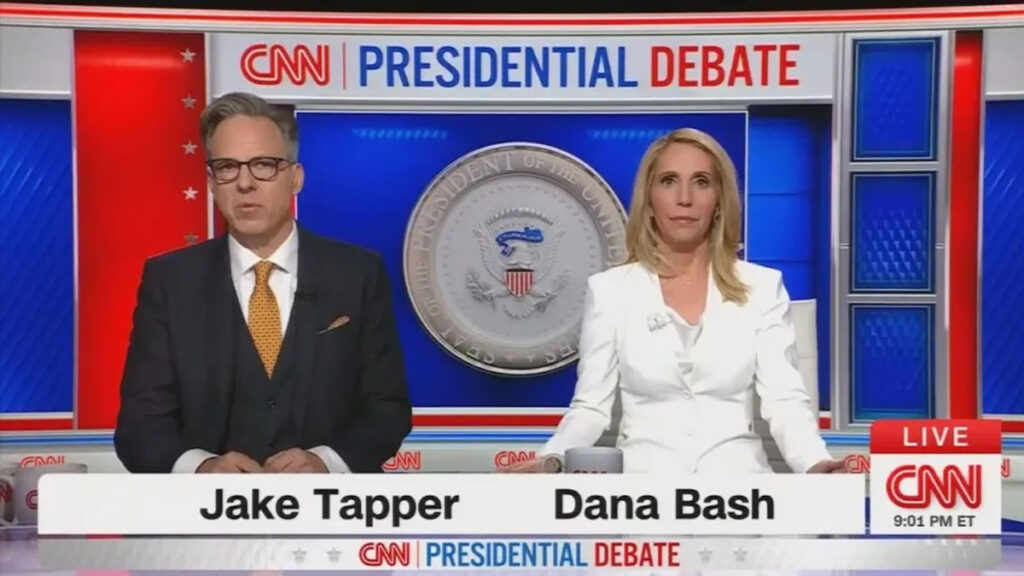In previous commentaries, I analyzed the outcome of the presidential debate in terms of the combatant’s performances and the potential impact on the course of their campaigns. In a nutshell, Trump was the big winner largely because Biden was the big loser – although Trump did better than expected in maintaining his cool.
To better understand the outcome of the debate, it is necessary to understand how it came to be.
This was the earliest presidential debate in American history – taking place months before the traditional presidential debates and even before President Trump and President Biden were the official nominees of their respective parties.
Since the debate was proposed by the Biden team, the first question is why did they want to debate – and why at this time? Also, why the specific rules?
The decision to propose a debate was a reversal of the Biden campaign’s original strategic plan to NOT debate. The message was that Biden did not to give Trump a platform for his theatrics and mendacious arguments. That strategy was replaced by the new strategy – the debate strategy.
It appears that Team Biden wanted an early debate to change the status of the race. For many months, polling indicated that Biden and Trump were locked in a close contest – with Trump maintaining a slim but consistent lead, especially in the all-important battleground states. The theory was that a good performance in an early debate would change that trajectory – and a poor performance would provide a long recovery period.
In many ways, the campaign was in the doldrums – with very little up or down movement from week to week. The theory was that a debate would do what they hoped and predicted the State of the Union Speech would have done but did not. That was to dispel concerns about Biden’s age and move him into the lead.
In proposing the debate, Biden’s people set rules that they viewed as unfavorable to Trump – no audience, silencing mics and hosting by network and moderators – Jake Tapper and Dana Bash – who were believed to be generally hostile to Trump based on their reporting. Team Biden saw political benefit in the debate proposal whether Trump accepted or rejected the offer.
In fact, Trump quickly accepted the offer without any serious negotiation. At the time, many thought that was a mistake. According to some reports, Trump was eager to debate and felt that any tough negotiation would squelch the deal.
A lot of political pundits believed the rules would play against Trump. That was the intention. They theorized that he would not perform as well without the energy of an audience. And muting the mics would inhibit Trump’s habit of speaking over the competition.
As it turned out, the rules played out to Trump’s advantage. He did not seem affected by the lack of an audience. The muting of the mics kept him from overdoing his responses or talking over Biden.
The restrictions on the moderators – and their adherence to the rule – prevented the type of biased participation that marred past debates that were less fair and more controversial. Trump and Biden could be judged on their own performances.
In terms of the staging, the rules and the conduct of the moderators, I judge this as the best presidential debate format in recent years.
So, there ‘tis.
